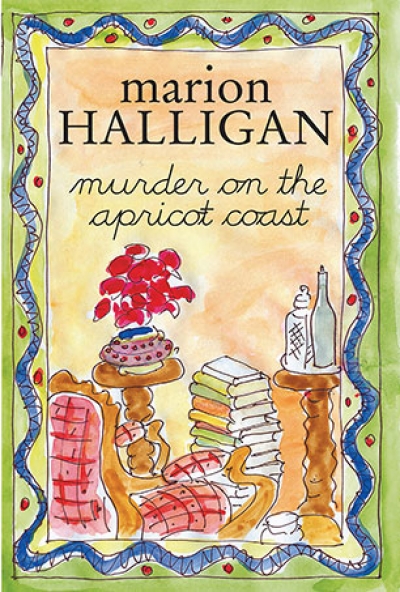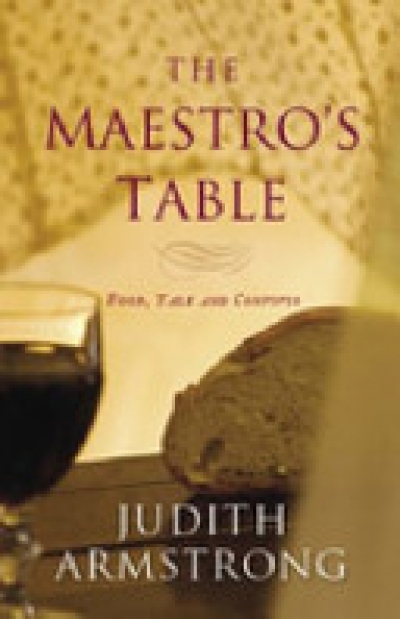Judith Armstrong
If two swallows do not a summer make, two novels, no matter how similar, are no doubt insufficient to start a new literary sub-genre (no matter how ‘sub’). On the other hand, fashion is said to reflect the Zeitgeist; and biography, in this turbulent millennium, has become both favoured and fashionable. Is it possible then that quite soon a small shelf of the loc ...
The Maestro’s Table: Food, talk and convivio by Judith Armstrong
by Gay Bilson •
From Paesani to Global Italians: Veneto migrants in Australia by Loretta Baldassar and Ros Pesman
by Judith Armstrong •










